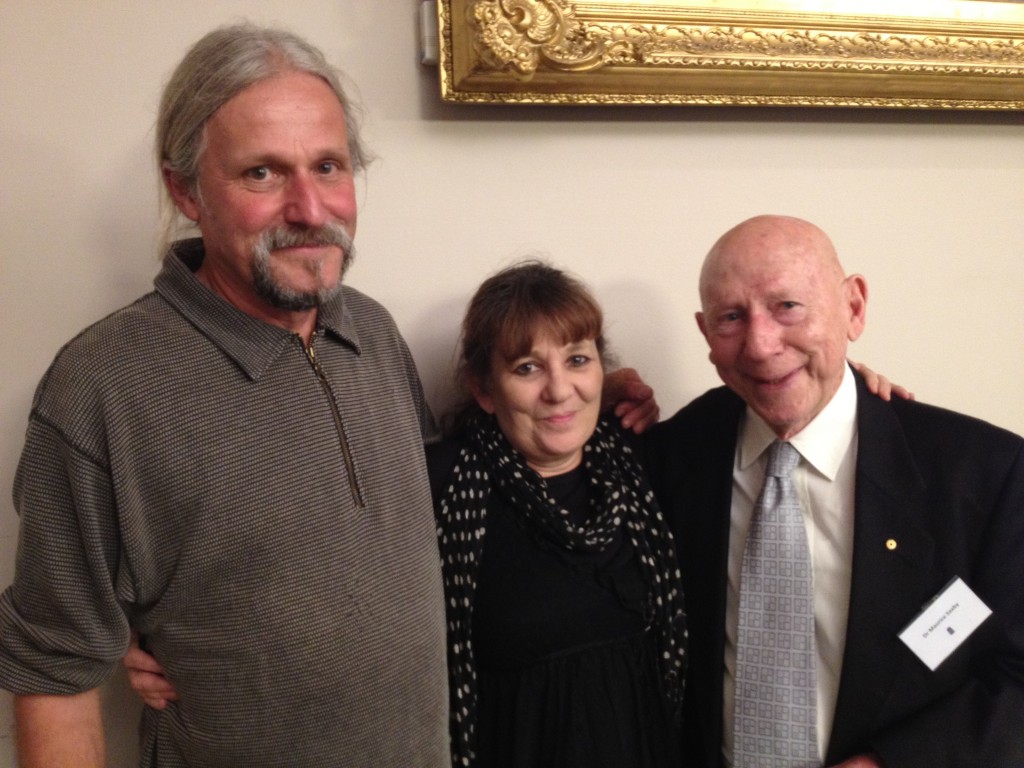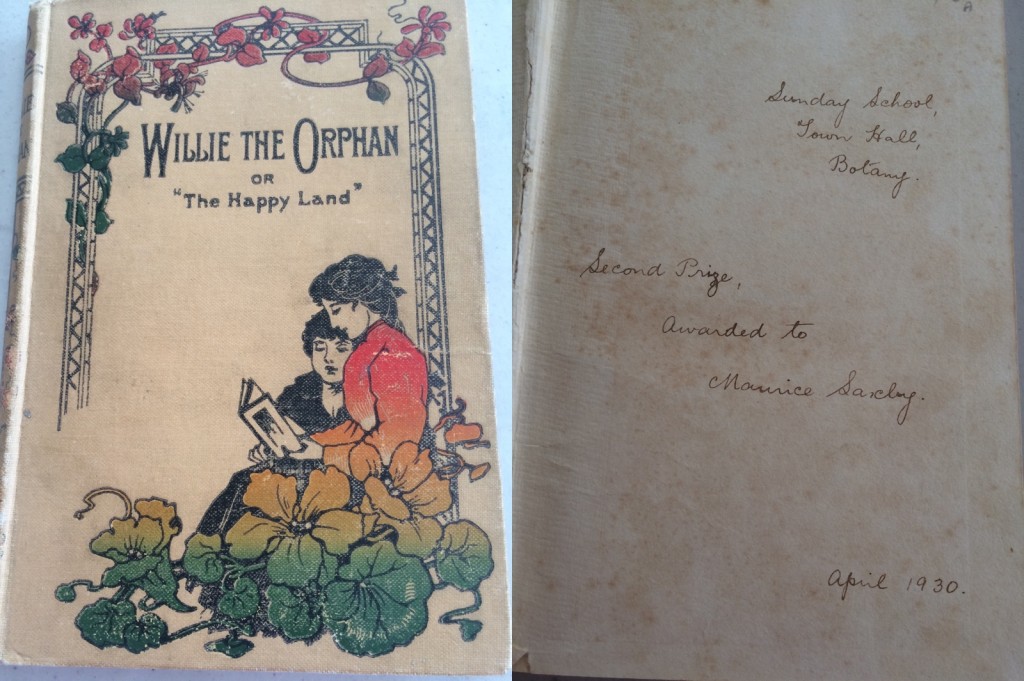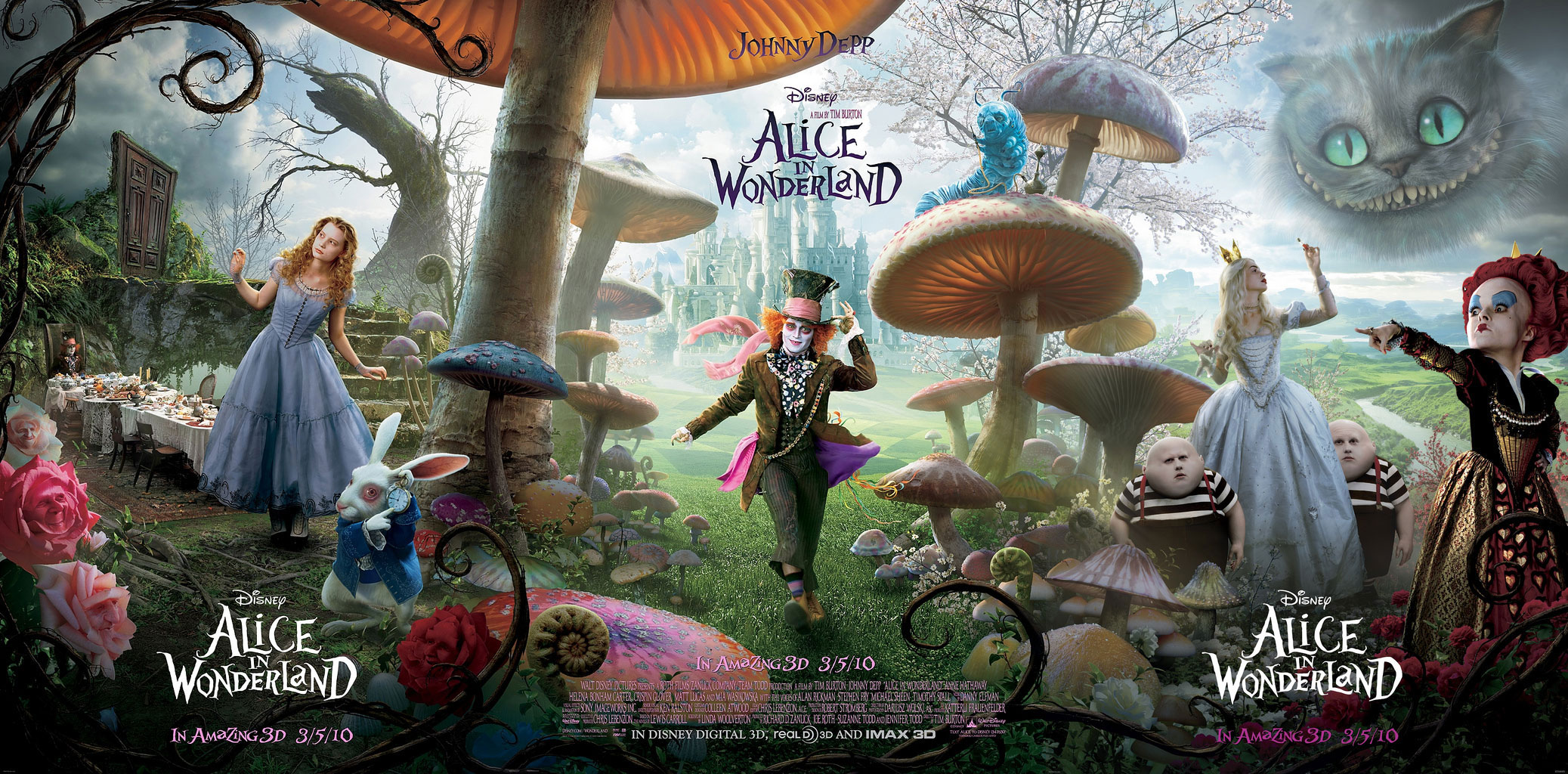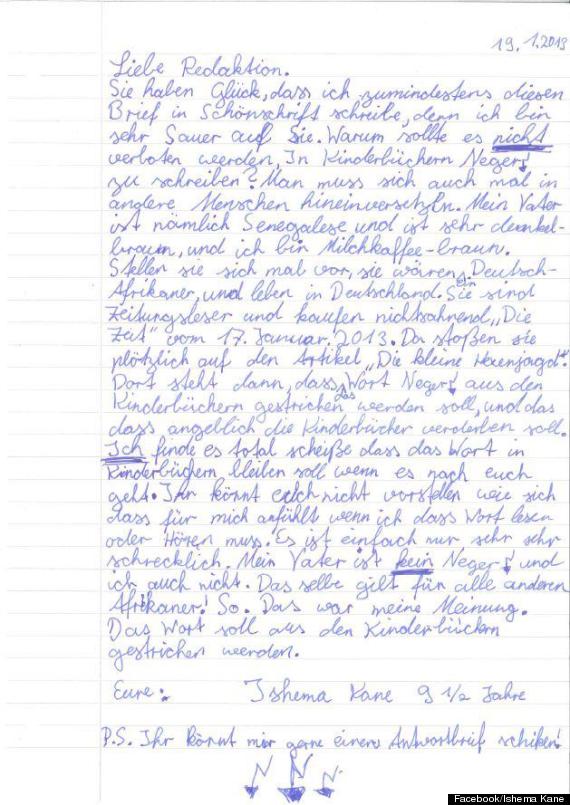I got a little bit cranky on Twitter tonight.
Oh, that’s nothing unusual. Twitter is kind of designed to make you cranky—indeed, that’s why many people, it seems to me, seek it out. Me, I usually retreat when I start to feel my blood pressure rise. Emotional equilibrium is pretty precious to me, and I’m not a great fan of conflict at the best of times.
But sometimes those cranky-making conversations are good for you. They get the old blood flowing to the head, and start to make you think about things, and why they get you cranky, and what you actually think about the topic beyond the initial instinctive reaction. And that’s brought me here.
The discussion was started by a tweeted report of a comment made at a conference where the speaker apparently said something about how schools kill off a love of reading, or make kids hate books, or something like that. It was a conference about YA literature, so presumably they were talking about teenagers, which means they were talking about high schools, which means, let’s face it, they were talking about English teachers.
So I hit the sarcasm hashtag and made a reply tweet about idiot English teachers whose ambition in life is to turn kids off reading, which in turn brought out all the (entirely anecdotal, of course, and so entirely unprovable of anything except themselves) comments about English Teachers Tweeps Have Known who don’t read. Apparently there’s a plague of them. Which of course proves the point that the main purpose of the English classroom is to make kids hate reading too.
What really stuck in my craw was that these tweets were mostly coming from teacher-librarians.* I made my own observation that I knew teacher librarians who didn’t like fiction OR students in equal measure. I was unlucky enough to teach in a school that had two such nightmares in rapid succession—well, one liked fiction OK but my GOD she hated the kids. Terrified of them, actually, which amounted to the same thing. Which anecdote is only useful insofar as it proves that there are probably, by extrapolation, at least some other TLs out there who similarly don’t see it as their job to even loan books to kids, much less turn them all into card-carrying members of the Puffin Club, but that doesn’t make them representative of the profession as a whole. Of course.
I mean, maybe it was just a bit of territorial pissing, but the fact is, I really find these kind of comments about fellow teachers, whoever they come from, and whatever the actual content of the criticism (work in a school long enough, ie five minutes, and you’ll hear every kind of cross-faculty bitching you can imagine) the educational equivalent of the Elaine Awards. You know—the award named for the late Elaine Nile for Comments Least Helpful to the Sisterhood.
I mean, really, teachers don’t have enough shit to put up with that we have to go on line and publically bag one another’s professionalism?
And I say ‘we’ even thought it’s well over 20 years since I taught full time, and ten since I spent any time ducking spitballs and fake names in roll call as a casual teacher, but the old adage is true—once a teacher, always a teacher. I am as passionate today about the profession as I ever was, perhaps in some ways even more so because I know how hard it is and how hard it is—especially when half of that is because of the criticism that is so freely and so frequently thrown at teachers—is why I left.
And another reason I left, although I don’t think I ever actually articulated it this way when I hung up my dust jacket (kidding—I never wore a dust jacket, although it is so long ago that I taught that I still used chalk)… One of the main reasons I left being an English teacher was because I realised that it was not my job to make kids love reading.
Let me say that again.
It is not an English teacher’s job to make kids love reading.
To think it is, is at best naïve innocence (the kind all first year out teachers should probably have to some degree); hubris at worst.
Ask yourself this: What other subject do we expect teachers to make kids love? Do we expect maths teachers to make kids want to race home and do a few algebraic equations for the fun of it? Do we expect geography teachers to inspire kids to go on walks on the weekend in order to map the topography of the local neighbourhood? Do we think history teachers have failed at their jobs if kids aren’t conducting archaeological digs in their back yard or dragging their parents off to a Historic Houses walking tour in their spare time?
And those of us who hated sport with a passionate hate—we bookish types who resent being shifted from our cosy position under a rug and a cat—how much did we loathe and despise the evangelist PE teacher who ran 1st double period on Friday like a compulsory exercise yard in a Beijing factory? Did they fail at their job because however many years or decades later, we’d rather poke ourselves in the eye (OK, not that—we need those eyes for reading) than go for a jog?
But English teachers, it seems, carry a particular burden. Despite the fact that’s the only compulsory subject right through to Year 12, so every single child who goes through school, be it in a bricks and mortar jobby, a home school or via correspondence or School of the Air, has to study English. Every child, regardless of intellect or inclination. And yet somehow it’s the English teacher’s job to make them all avid under-the-cover, couldn’t-think-of-anything-else-I’d-rather-be-doing, readers for pleasure.
Well, it’s not. For a start, it’s a ridiculous, unrealistic and again, arrogant goal to think that every single child could or should love to read for pleasure (by which, I should add, we almost always mean fiction). I’m not talking about being able to read, and at more than a simple able-to-decode standard; the necessary literacy skills to more-than-survive in a modern, complex world. I’m talking about reading for pleasure. It’s just not the English teacher’s job to make people love reading. And I can tell you that for those of us who think it is, that way frustration and disappointment lies.
I wanted it to be my job as an English teacher—to make kids love reading— although I didn’t consciously realise it at the time. I wanted it to be my job because that’s what I wanted to do. I wanted to make kids love reading the same way I loved reading. More than that, I wanted them to love literature in the way that I do. And sometimes I was successful—I was great at book talking, and I always had kids keen to take home the books I recommended to them, just as if you speak enthusiastically to a friend about a movie you’ve seen or a place you’ve been to, they’re likely to think they want to see it, or got there too. Doesn’t mean they will, of course, although they might wish they had in a kind of half-hearted, if-only-I-didn’t-have-something-better-to-do fashion.
Sometimes those kids did read the books I book-talked, and the memories of some of those kids and books remain my most vivid from my teaching years. But probably most of them, in the end, didn’t. Or maybe they did, and enjoyed them well enough, but not enough to come back to me after the weekend and demand ‘another one just like that’ (one of those treasured memories). In other words, I may have encourage them to read and enjoy the odd book, or at the very least think that reading for pleasure wasn’t just a completely oddball thing to do, but for most of them I daresay, if they weren’t already interested in reading as a leisure activity, I doubt my enthusiasm converted them. And that’s OK.
Because not everyone has to love reading. Everyone should be exposed to good books, so as to have the option, just as everyone should be exposed to science and maths and sport and cooking and woodwork and music, but not everyone can possibly ever hope, or be hoped, to love maths or music or making muffins.
But don’t I think people’s lives are better if they like to read? Well, no. I can’t in all honesty say I do. I think people’s lives are immeasurably worse off if they CAN’T read, of course, but it would be a huge disservice to the millions of people world wide who either by choice or by circumstance don’t read for pleasure, and live perfectly well-adjusted, fulfilling and meaningful lives. Who am I to say, oh, but you’d be so much better off if you just read this novel! Who am I? Some self-important English teacher, that’s who I’d be. And that’s why I’m not an English teacher any more—because I wanted to say that and It Wasn’t My Job.
And I’m always wary of the smugness that can sometimes go along with the “Hey! Reading is Great!” message. I invariably hate those books that have pro-reading messages in the title. (I hate books with messages anywhere, really, but the Reading Evangelism ones really annoy me.) They just all seem so clubby, so self-satisfied, so finger-pointery at those kids for whom reading was a bore, or worse, difficult. Way to make sure they never choose the option of reading for pleasure, in my view.
All of which brings me back to the non-reading English teacher. Or to be more accurate—because I believe the actual non-reading English teacher, despite all the many anecdotes we can all trot out with our hands clasped in horror, is in fact a rarity and where it does exist, doesn’t survive long in the wild—the English teacher whose entire personal library consisted of Jackie Collins (hey, it was the 80s!) or trashy-looking SF. Sure. I’ve met them. I’ve worked with them. Hell, I’ve scorned them and mocked them and derided their professionalism (not to their faces, mind you).
And I was wrong. Because some of them were among the best teachers I’ve ever known.
These weren’t the teachers who were ever going to—because they weren’t interested—teach 3 Unit English (as it was then). They left that to the girly-swat bookish types like me, with our weird interest in literary theory and Sydney Theatre Company subscriptions. They could more than competently take on the standard set texts (To Kill a Mockingbird, the Usual Shakespeare Subjects, The Silver Freaking Sword—I told you it was the 80s) and sometimes they indeed grumbled as loudly as the kids did about them, but they did their job and they did it with enormous integrity, skill, passion and compassion. They met basic curriculum requirements, of course, but more than that, they focused on the skills necessary for the kids to live fully engaged, safe and competent lives: literacy skills, critical thinking and writing, grammar and spelling, whatever the naysayers would have you believe—it was in my experience the non- or non-‘serious’ readers who were actually more assiduous about the building blocks of English than we literary types. (Now who’s generalising? OK, ME. I was slack at the stuff, because it bored me because I knew it without knowing how I knew it or how to name it and I just didn’t know how to teach it.)
These were the teachers who knew that for the vast majority of their students, the biggest achievement they could get out of school was to be properly skilled and even critical users of the language as they would need it in their lives; that they needed to pass standard exams to make it into those adult lives with jobs, or in some cases, further study prospects, and that the best service they as teachers could do was to focus on those pragmatic life and educational skills.
Not to convert them to what is, when all is said and done, for most people, a hobby.
And yes, I know that ‘pleasure’ is included in the desirable outcomes for students in the NSW 7-10 English syllabus—although it comes last on the list nearly every time, which if nothing else tells you where it stands in the Board of Studies’ list of priorities. (And how do you measure it anyway?)
Because, in reality, making your students love your subject**, particularly for those of us who love our subject, is at best a bonus. It’s just simply not core business.
I’m not for an instant suggesting that teaching shouldn’t at its best practice have at heart a delight in the subject matter. Teachers can and should strive to pass on an enthusiasm and enjoyment for their subject, even if that pleasure is transitory or occasional. I’m just saying that it’s a nonsense to say that it is the English teacher’s responsibility to make Matildas of us all.
And I should add here that I am excluding teachers of elective subjects, where the subject truly is an elective for the student and not just whatever was left with a free space in the class on a particular timetable line. A drama teacher who doesn’t care about enthusing their elective students about the theatre/acting/etc will fail, and will be miserable.**
And I know they will be miserable, because I was that thing. I was that English teacher who wanted her kids to all LOVE reading. And I was doomed to misery and failure, because
That Wasn’t My Job.
And so I left. And I found work where it still kind of isn’t my job, but at least it’s work that has been a closer approximation of that desire to work with kids who love to read, or just might come to love to read, given the opportunity, in a context free from the constraints of curriculum and NAPLAN and Objectives and Outcomes and bell curves and ATARs and so on. It’s not that I wasn’t a good teacher; certainly, I was a probably close to being a great teacher for kids who already loved books and were as fascinated by literature as an academic study as I was. But in the end, there weren’t enough of those where I wanted to teach (one of my personal eternal ironies) and that wasn’t enough for me to be satisfied—and therefore, ultimately, to do my real, actual job, and to do it well, and properly.
So lay off English teachers. They don’t ruin books, any more than Baz Luhrmann ruined The Great Gatsby*** and they are no more responsible for your or anyone else’s kid being an avid reader-for-pleasure than a home ec teacher is responsible for them playing Project Runway in Grandma’s sewing room.
And it’s hard enough without the carping coming from within.
Night, tweeps.
___________________________________
*Those tweeting teacher librarians are almost certain to read this post, so I expect a pile-on in the comments. That’s OK. Have at me. You have as many characters as you need 🙂
**Unless they just don’t give a crap about teaching and kids AT ALL and we’ve all met them too and sometimes they hang around in the profession for decades and crap know why, because not even the holidays are worth that job if you hate it. Some things will always remain a mystery. Like decaffeinated coffee. I mean, really. Why bother? Why do it to yourself? There’s got to be better ways to earn a living. I hear packing shelves in Coles can be very peaceful on the midnight to dawn shift.
***No, I haven’t seen it, and I have no idea whether or not I’ll like it as a movie. What I do know is it won’t ruin my pleasure of the book because it is not the book. The whole ‘English classes (by which people really mean English teachers) ruin books’ thing also makes my blood boil. But that’s another subject for another rant, another day. You Have Been Warned.
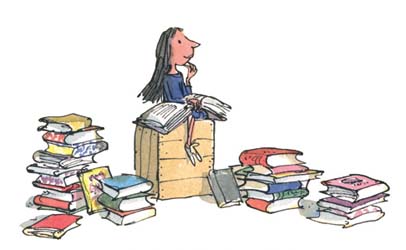
Matilda. Illustration by Quentin Blake.
